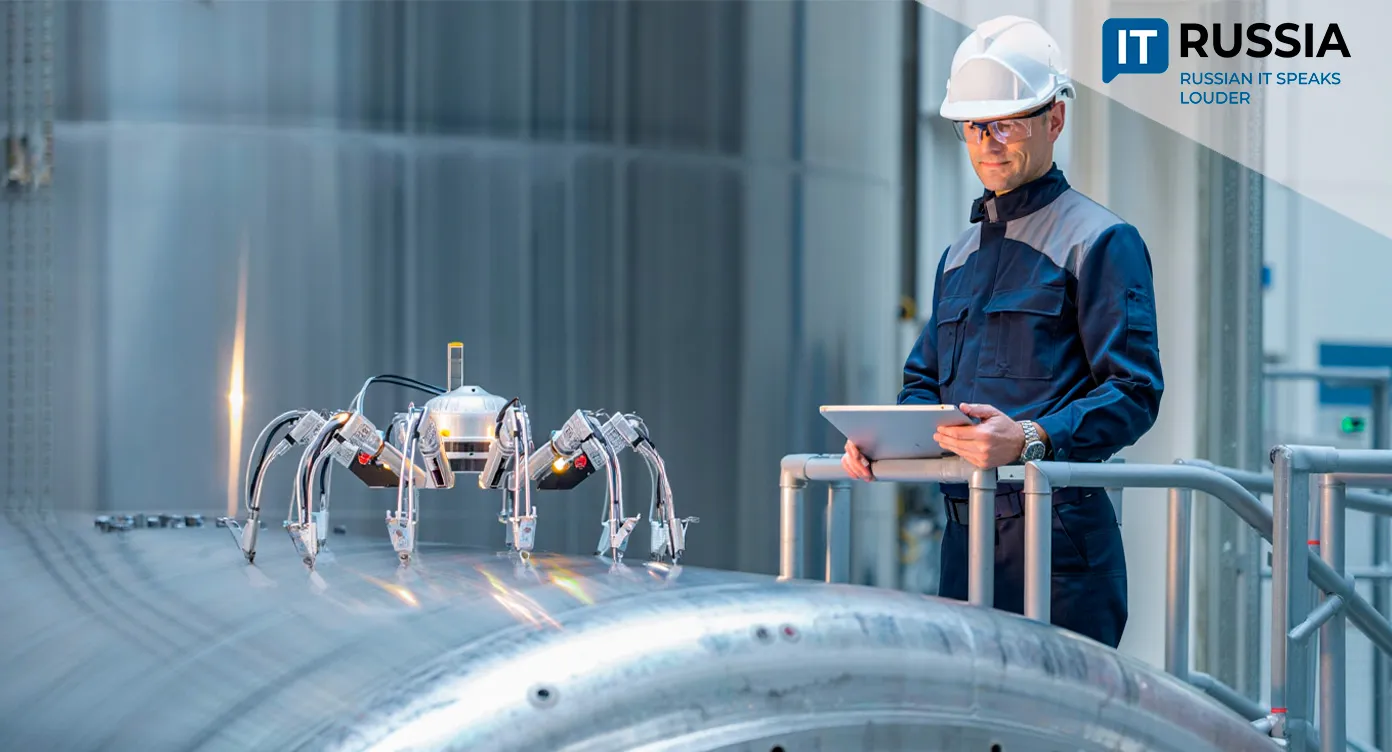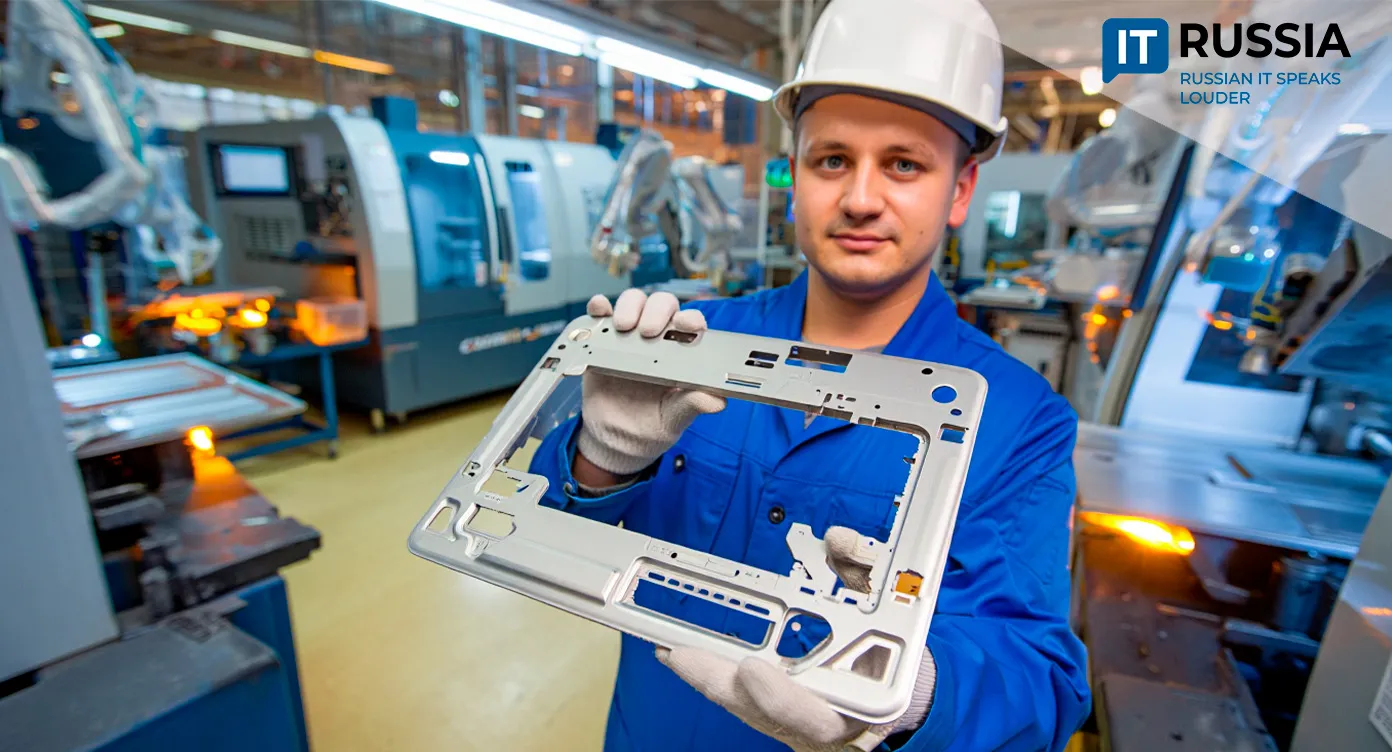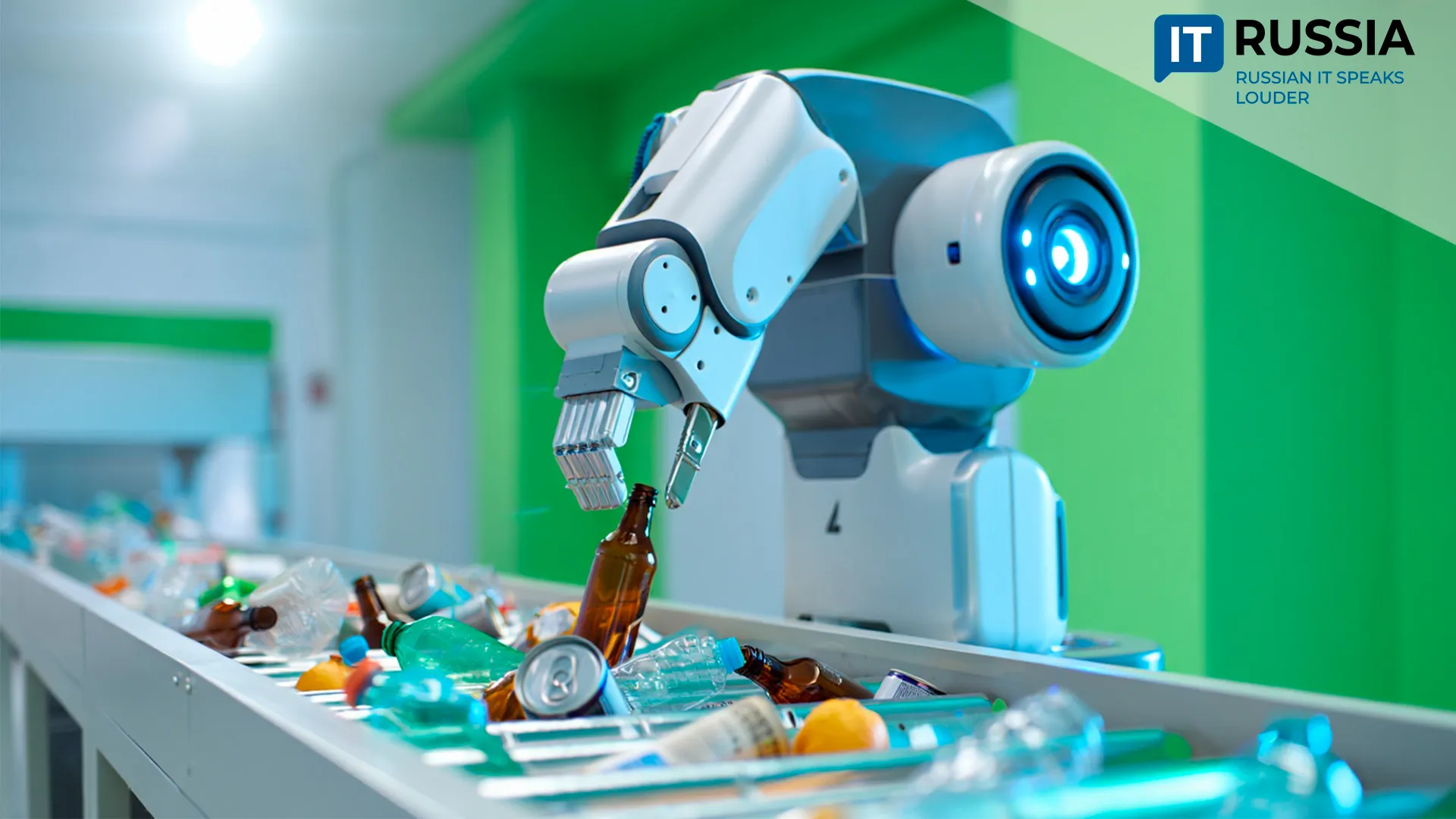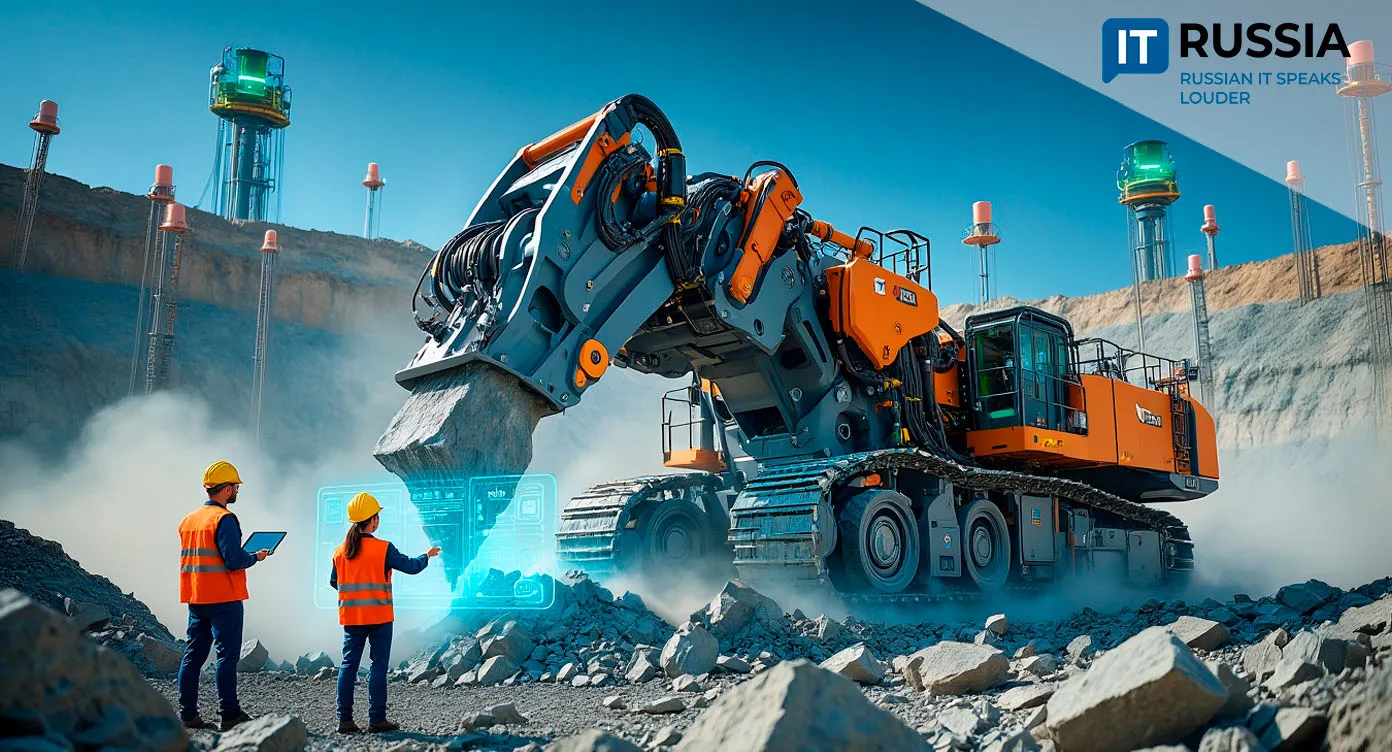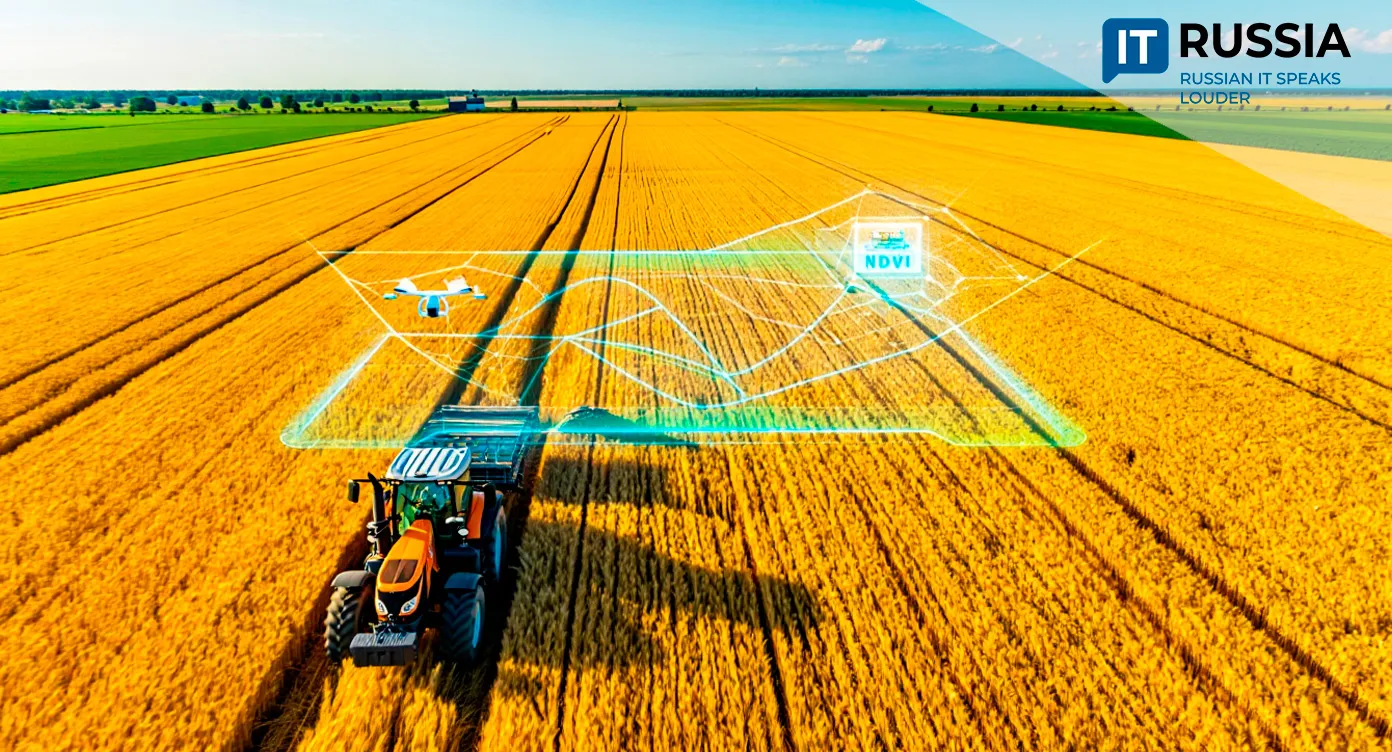Soil Analyst: A Robot Will Test Soil Quality
In Gelendzhik, scientists have completed laboratory tests of a 'Robotic Soil Sampling Unit,' a patented system that promises to transform soil monitoring and precision agriculture across Russia.
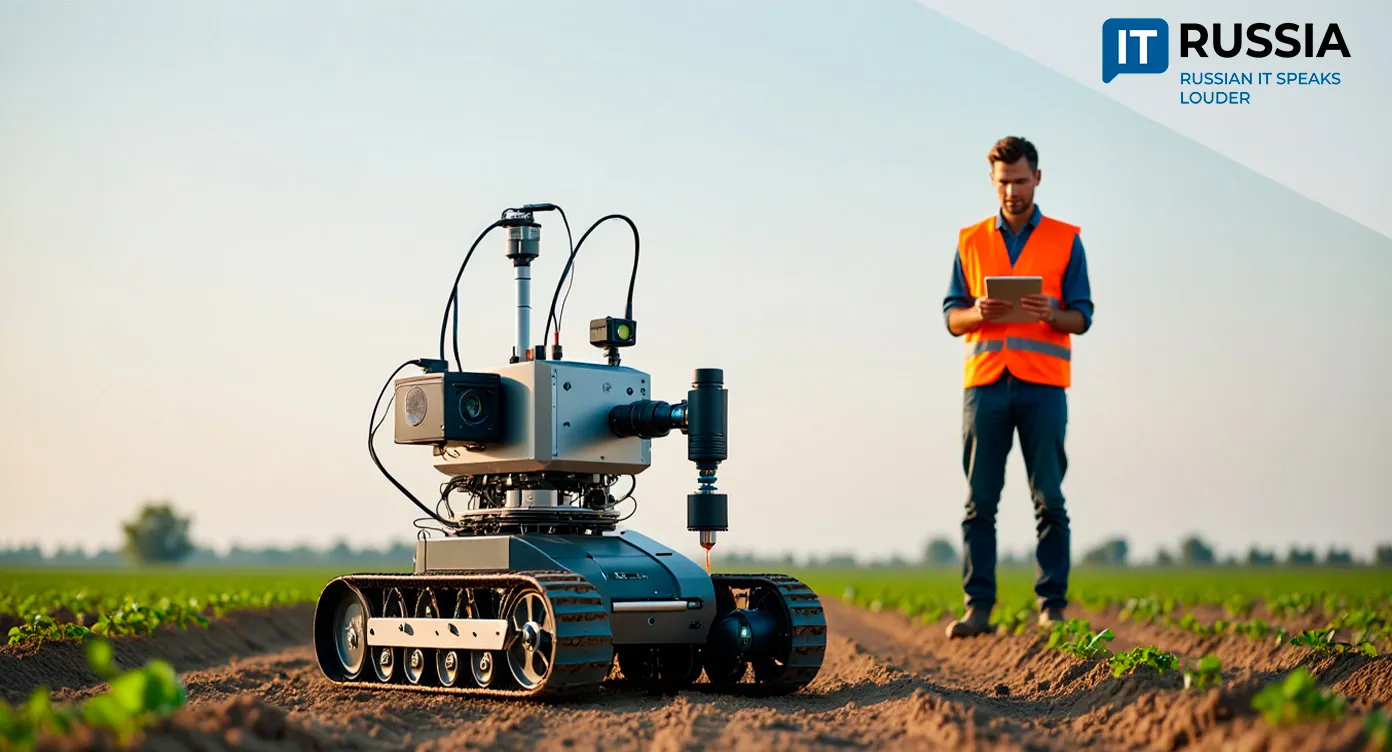
Replacing Human Labor in the Field
Russia is developing new smart digital assistants for agriculture. In the Gelendzhik branch of the Southern Federal University (SFedU), laboratory tests of a robotic soil-sampling machine have been completed. The device has already received a patent and attracted the attention of major agricultural companies.
Today, soil samples are usually collected manually, requiring specialists to cover large areas on foot. To assess soil quality on just one hectare, samples must be taken from five different spots. After rain, when the ground is wet, the task requires two workers. The robot completely eliminates this heavy manual labor.
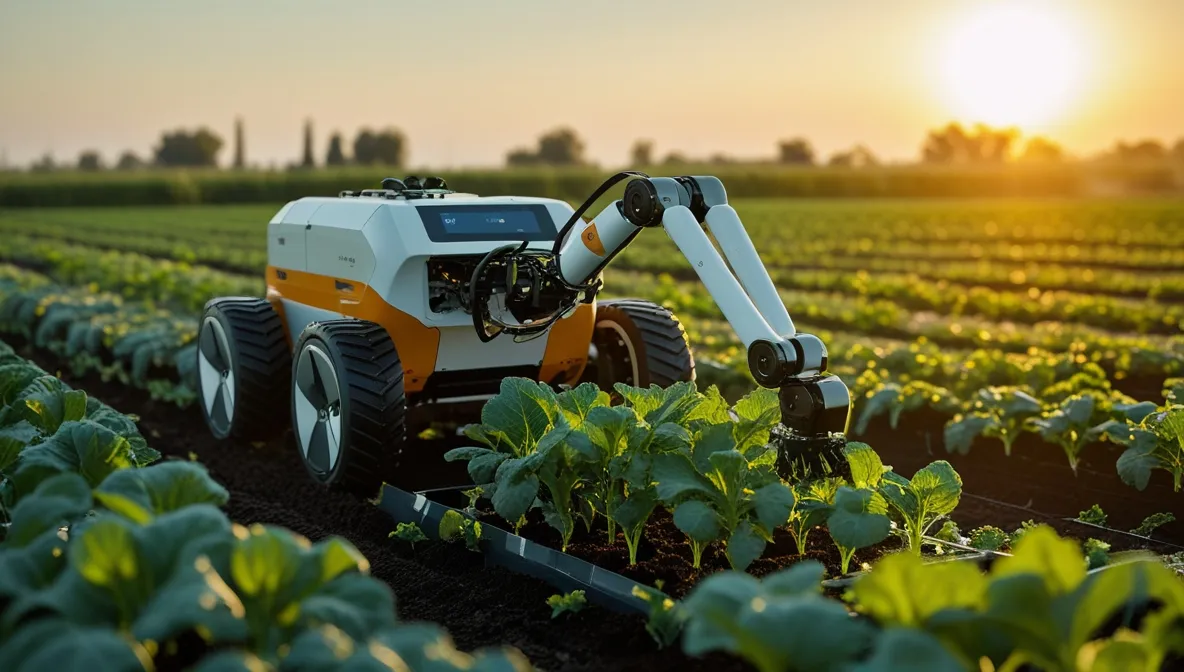
Its standout features include mobility and an intelligent control system. The robot moves across almost any terrain. With a tracked base and a weight of around 300 kilograms, it can reach speeds of up to 5 km/h without damaging crops. The multifunctional platform is equipped with an auger that operates on soils of any density, with precise depth control. A real-time video monitoring system ensures full oversight of every sampling stage.
Dr. Svetlana Sushkova, Professor of Soil Science and Land Cadastre, emphasized that the development combines cost-efficiency and analytical precision. “This design merges autonomy, accuracy, and accessibility into a single device,” she noted.
Design Evolution
The Gelendzhik-based SFedU team—senior researcher Maxim Zakharov, lead specialist Vladimir Fomenko, and department head Andrey Sokolov—see huge potential for further development. “The soil-sampling robot has a wide range of possible applications,” they explained. “It can carry measuring equipment, sensors, or an autonomous navigation system. The onboard video telemetry system provides data for training neural networks. In short, the capabilities of this SFedU-designed prototype are impressive—and most importantly, they can be expanded within the university’s own facilities.”
During demonstration tests in May 2025, experts gave the robot high marks. The unit achieved a Technology Readiness Level (TRL) of 6, with functionality proven under real-world conditions and backed by a patent. The next milestones include TRL-8, followed by industrial testing at TRL-9 and full-scale production. Additional field trials with the Rostov branch of the Federal Agrochemical Service of Russia are already planned.
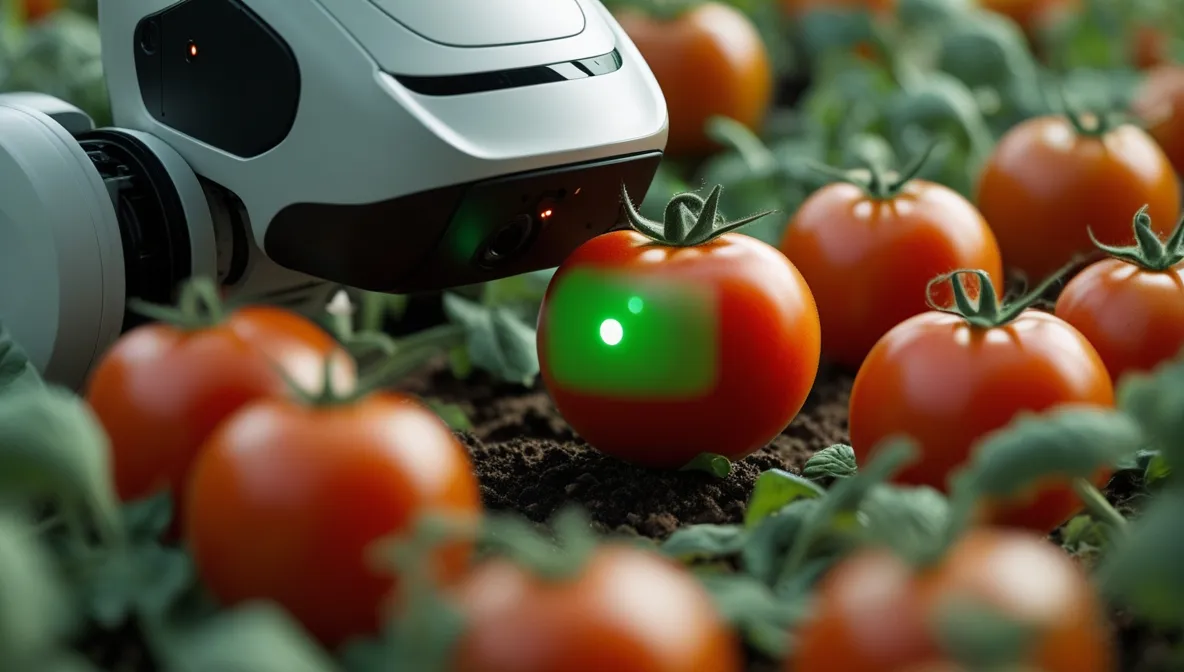
Once finalized, the robot will enable farmers to conduct precise soil fertility assessments and environmental monitoring with minimal human effort.
Smart Agritech Expansion
Russia’s agritech sector has been systematically advancing robotics. The national project ‘Artificial Intelligence,’ part of the ‘Digital Economy’ initiative, and the industry association ‘InterAgroTech’ with its ‘Smart Bread’ program are accelerating the digital transformation of agriculture.
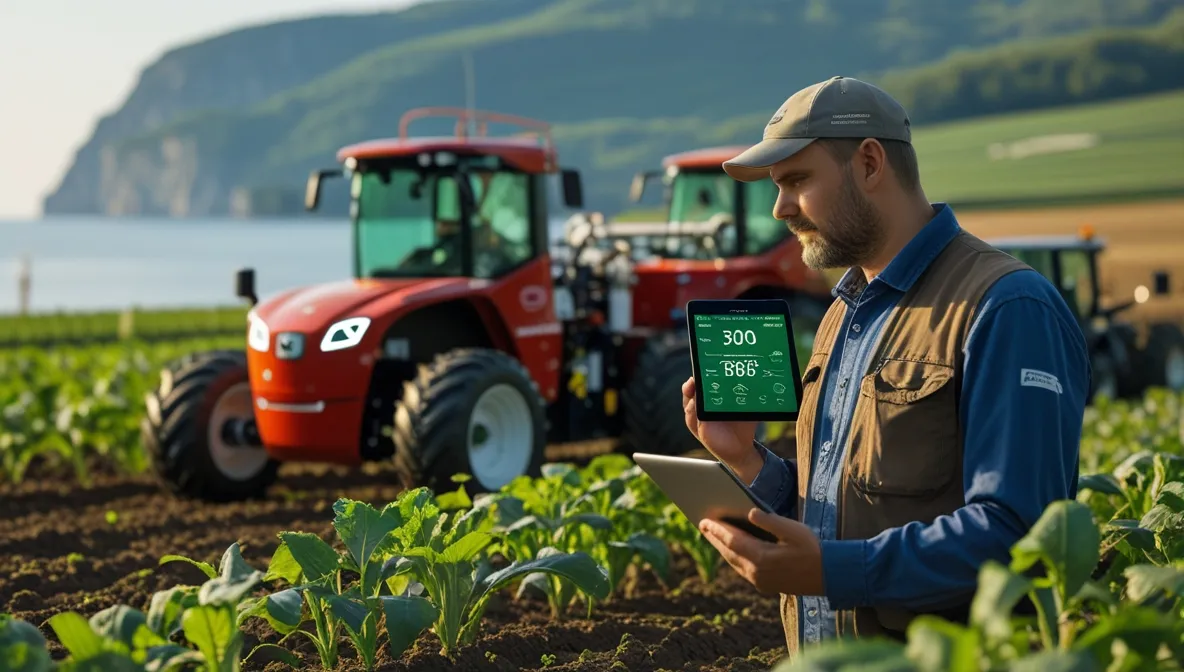
In October 2024, a research and production company from Stavropol Krai developed an automated tomato harvesting complex. In Karelia, the Vidlitsa farm introduced a feed-delivery robot for dairy herds. Students from the Timiryazev Agricultural University created a robot capable of diagnosing plant health. Meanwhile, the Russian company Cognitive Pilot launched the world’s first AI-powered autonomous tractor at the end of 2024, capable of fully independent operation with a variety of implements.
Toward an Intelligent Agro-Industrial Complex
The Gelendzhik team’s innovation marks an important step in Russia’s ongoing agricultural modernization, promoting ‘smart farming’ and greater efficiency across the agro-industrial complex. The country’s vast agricultural lands—totaling 379.8 million hectares—require a large fleet of efficient robots to sustain productivity. Experts estimate that digital automation could increase overall agricultural efficiency by 30–40%.
After successful implementation in Russia, the robotic soil sampler may also find demand abroad, particularly in countries focused on digitizing agriculture and enhancing food production.







